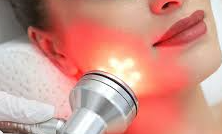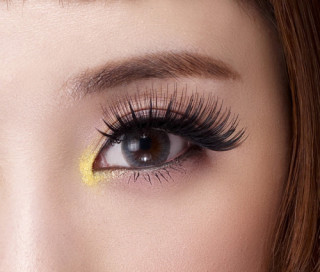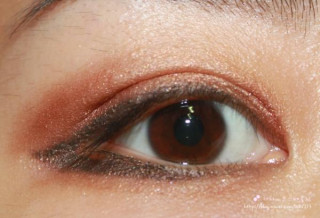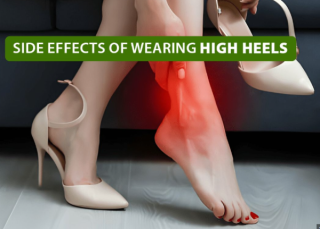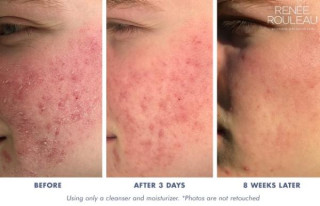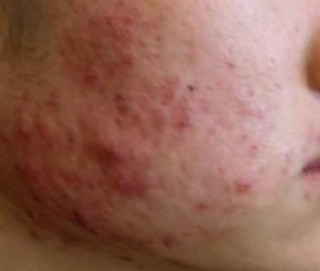Does Chemical Peeling or Laser Treatment Work?updated at Nov 08, 2025 1,665 1,665 Both chemical peels and laser treatments are popular options for improving skin appearance, |
Makeup Foundation Tipscreated at Oct 10, 2009 1,695 1,695 Foundation is the cornerstone of any great makeup look.It sets the stage for everything else, |
To keep my mascara from rubbing off underneath my eyes throughout the daycreated at Sep 06, 2009 1,545 1,545 If you find your mascara smudging underneath your eyes throughout the day, |
The Best Mascara when you apply it does not look like you use Mascaracreated at Sep 06, 2009 1,554 1,554 Achieving the "No-Mascara" Mascara LookThe holy grail of mascara isn't always about bold, |
The Ultimate Guide to Red Lipstick Applicationupdated at Nov 08, 2025 1,540 1,540 Prep Your LipsThe foundation for a perfect red lip is healthy, |
The negative health consequences of wearing high heelsupdated at Dec 14, 2024 1,348 1,348 Wearing high heels regularly can lead to a variety of negative health consequences, |
Are there any acne treatments specifically for people with dark skin? Are there any treatments specifically harmful to dark skin?created at May 03, 2009 1,250 1,250 While there aren't acne treatments *specifically formulated* for dark skin, |
How long before I see a visible result from using my acne medication?created at May 03, 2009 1,259 1,259 The time it takes to see visible results from acne medication varies greatly depending on the type of medication, |
Can anything be done about scarring caused by acne?updated at Nov 07, 2025 1,348 1,348 Acne scarring can be a frustrating and persistent reminder of past breakouts.While completely eliminating scars is often difficult, |
